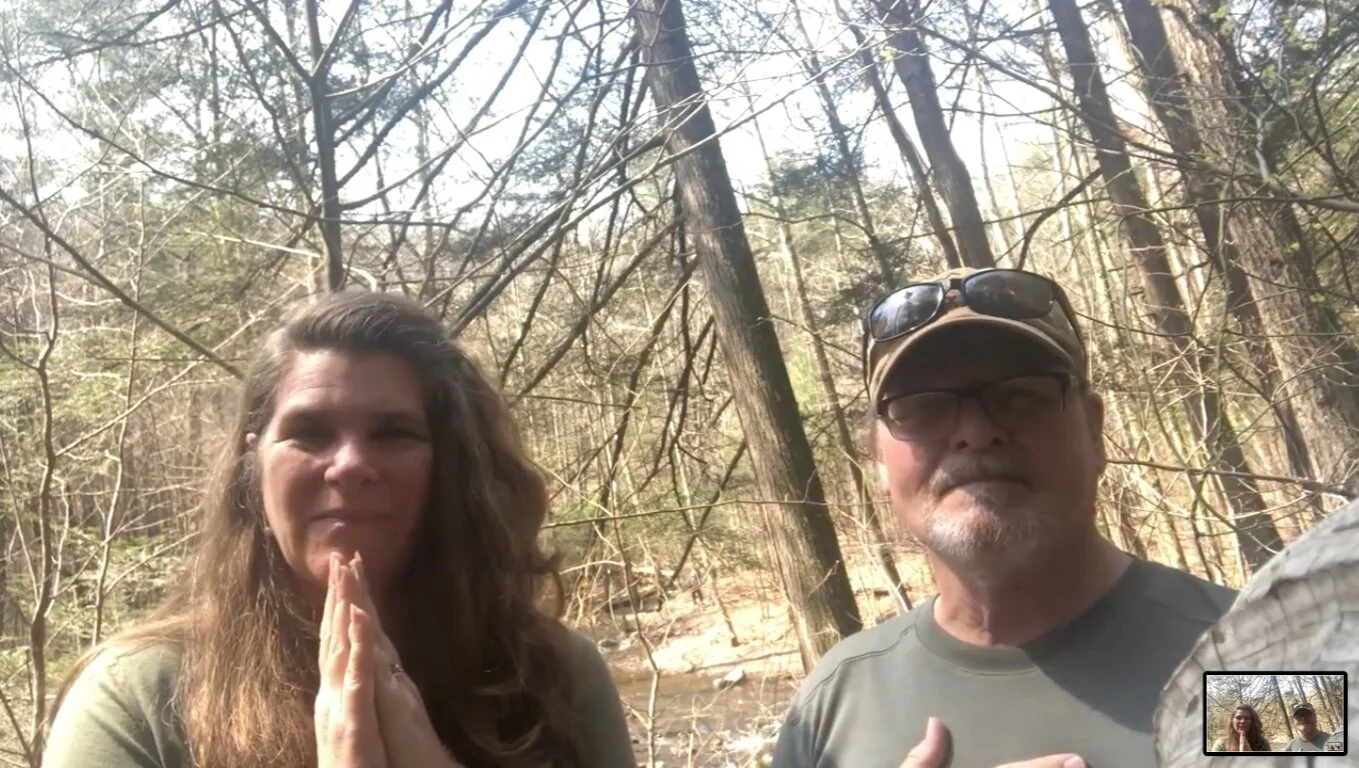A New Understanding (Linda Thompson)
A NEW UNDERSTANDING
The Earth is the Lord’s, and the fullness thereof; the World, and they who dwell therein.
Until this study, I have believed that Psalm 24:1 asserted God’s creativity, ownership, and authority for governance of both the natural world and the human community. After rethinking and questioning the obvious, I have come to believe that in this verse God is emphasizing and expanding the meaning of community: There is no separation between the natural and human worlds. We are all part of one community created by the omnipotent Father and His love and concern extend to all His creation — to all species for all time.
Humanity is rethinking our role in the community of the Infinite and beginning to realize that stewardship is not plundering and self-aggrandizement, but care and tending of all species—human, animal, flora, fauna, and the yet to be discovered. For this reason we were originally placed in the Garden of Eden and instructed “to dress it and to keep it” (Gen. 2:15).
Aldo Leopold, an early conservationist, seemed to have reached this or a similar conclusion long ago. A Sand County Almanac, originally published in 1949, defines a “land ethic” unimproved by the advance of the years. “A land ethic enlarges the boundaries of a community of interdependent parts to include soils, waters, plants, and animals. It changes the role of Homo Sapiens from conqueror of the land community to plain member and citizen of it. It implies respect for fellow members, and also respect for the community as such. A land ethic, of course, cannot prevent the alteration, management and use of these ‘resources,’ but it does affirm their right to continued existence, and... their continued existence in a natural state.”
Leopold recognizes that ethics and economics sometimes conflict and he constructs what has come to be known as the Golden Rule of Ecology: “A thing is right when it tends to preserve the integrity, stability, and mechanism of the biotic community. It is wrong when it tends otherwise... The mechanism of operation is the same for any ethic: social approbation for right actions: social disapproval for wrong
actions.” (Pp. 224-225)
Land ethics seems to be a study in process. I have noticed that all life forms struggle to live a full and rewarding life within their circle of being, from the weed that sinks its roots into a crevice on the sidewalk to a mother cow that nurses and hides her baby from predators, be it the coyote or the man with the feed sack. You decide how you will live. For me, I will live more carefully, aware of my place in God’s community, of my kinship and responsibility to all of the land community. With God’s help.
Amen.
##
Linda Thompson is a member of the First Baptist Church of Austin Green Team and a passionate conservationist. Check out more of her writings on AllCreation.org. See her original posting of this piece on the FBC website. Cover painting by Peter Paul Rubens and Jan Brueghel (c. 1650). This commentary is part of our series, “Celebrating Earth Day 2020.” Each post offers recommendations for connecting religious and spiritual practices to greater relationship with Earth’s other living creatures.






